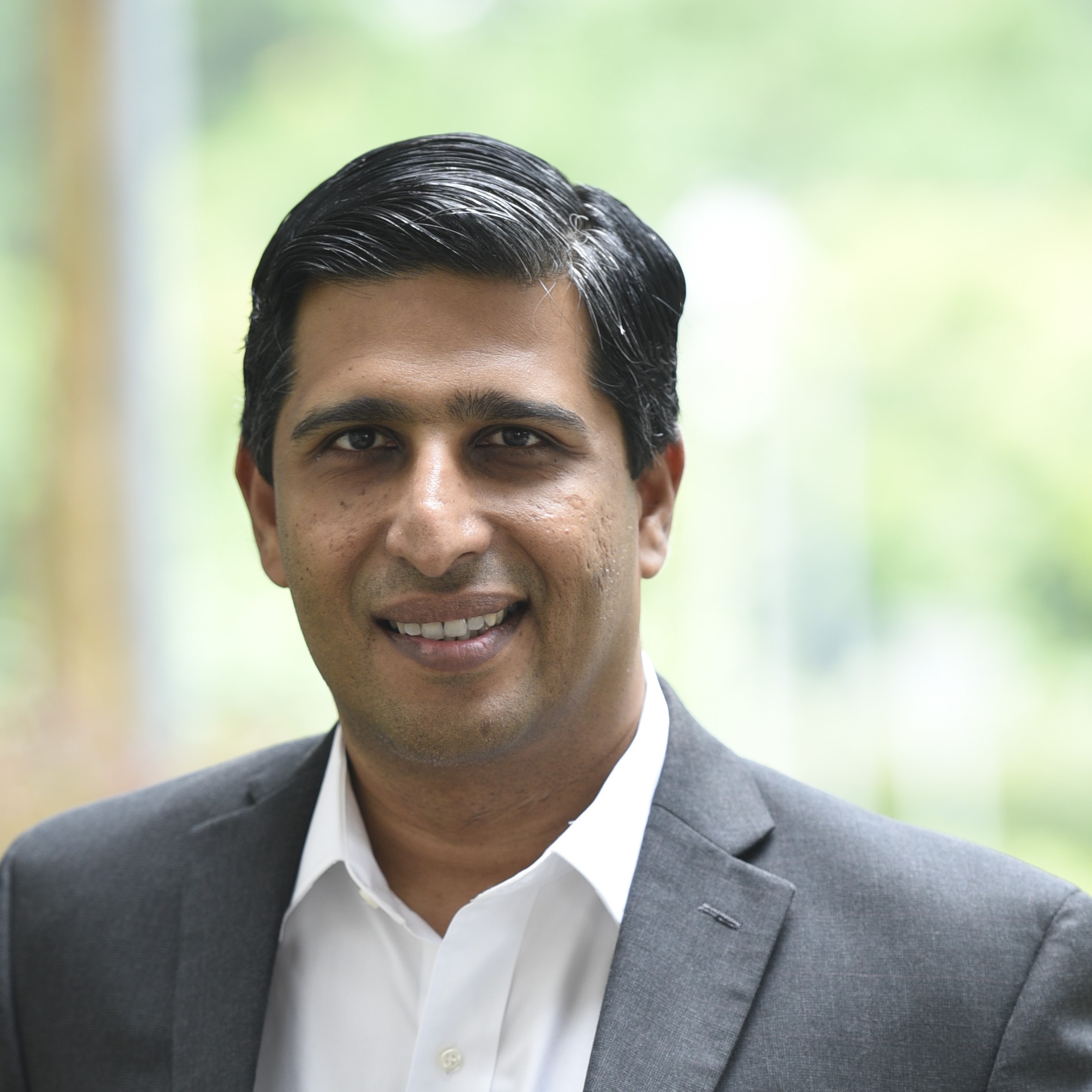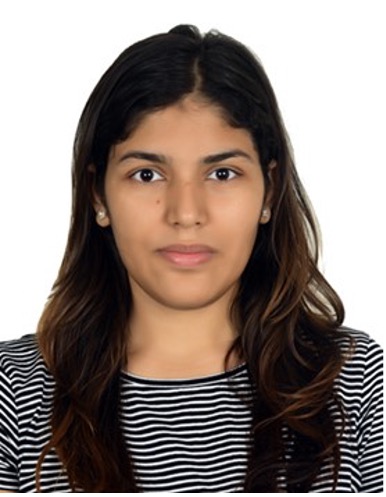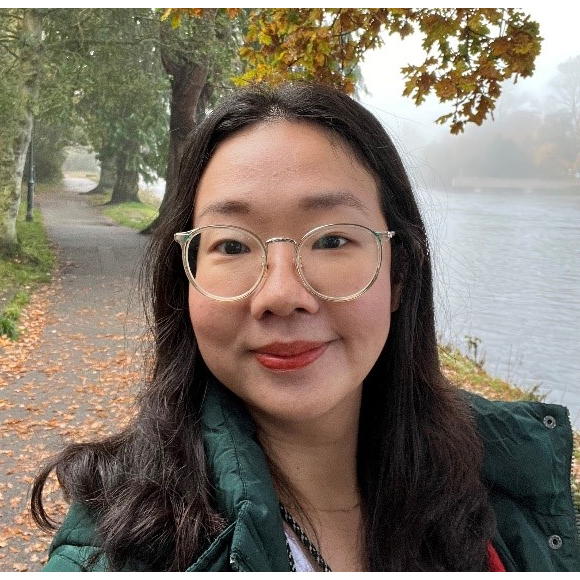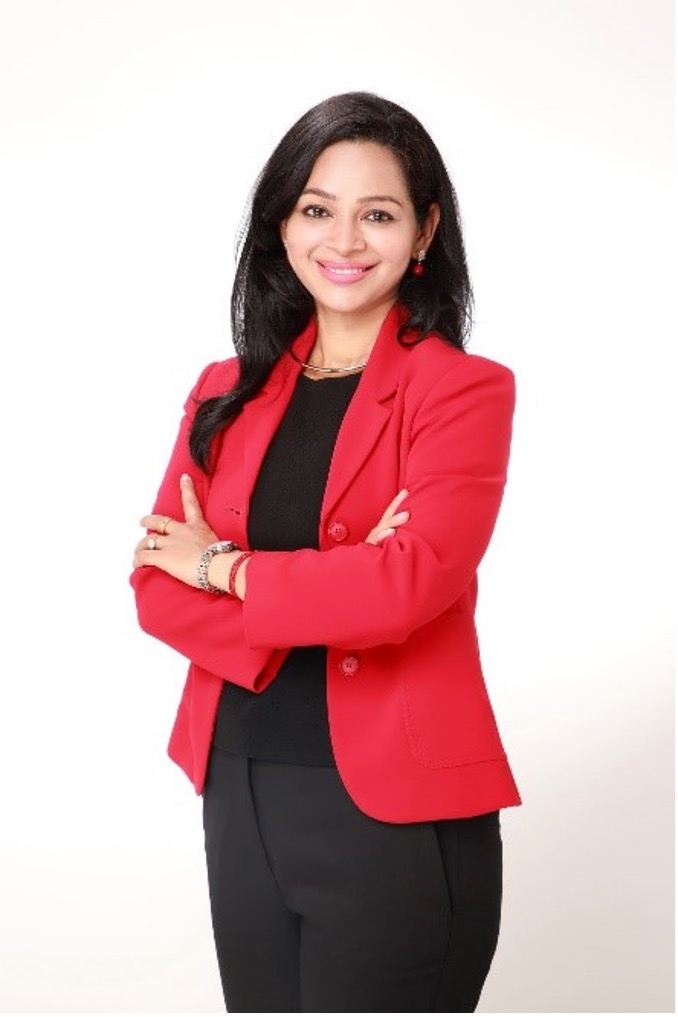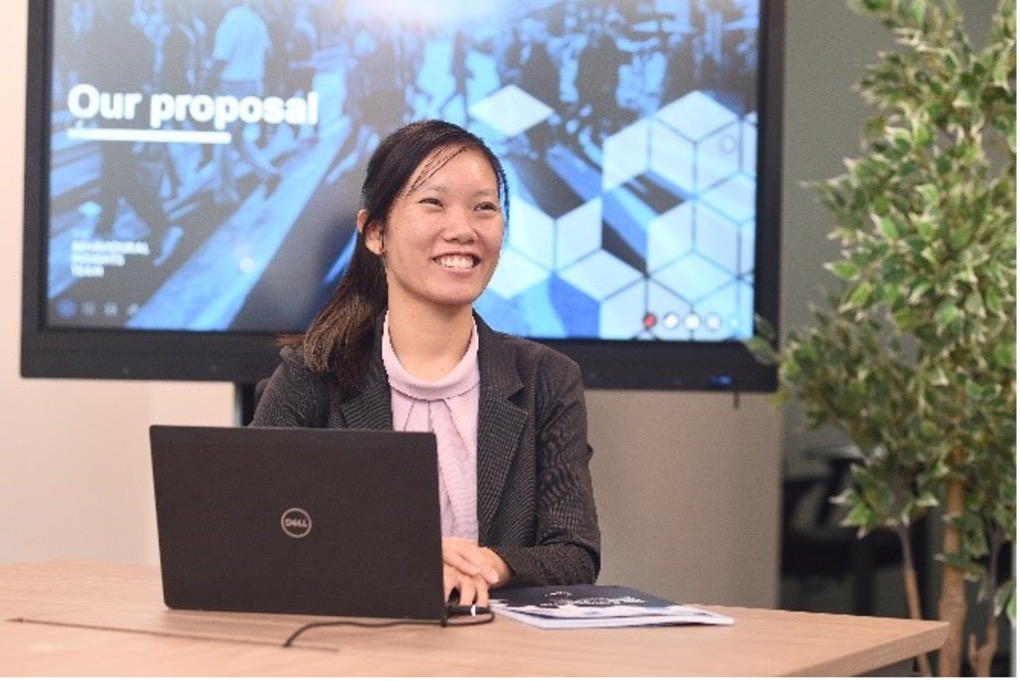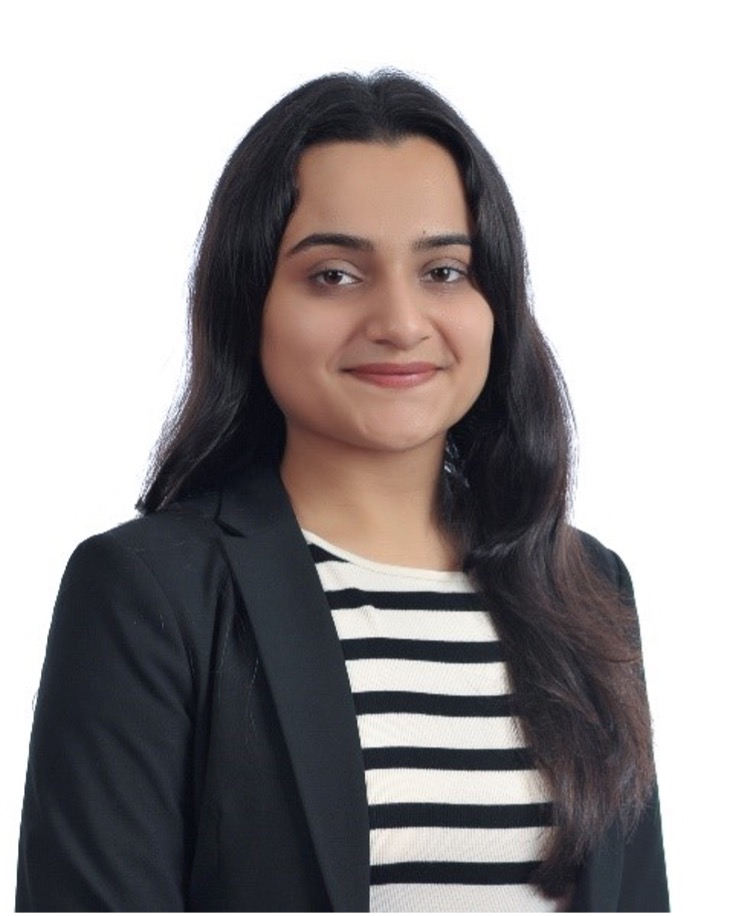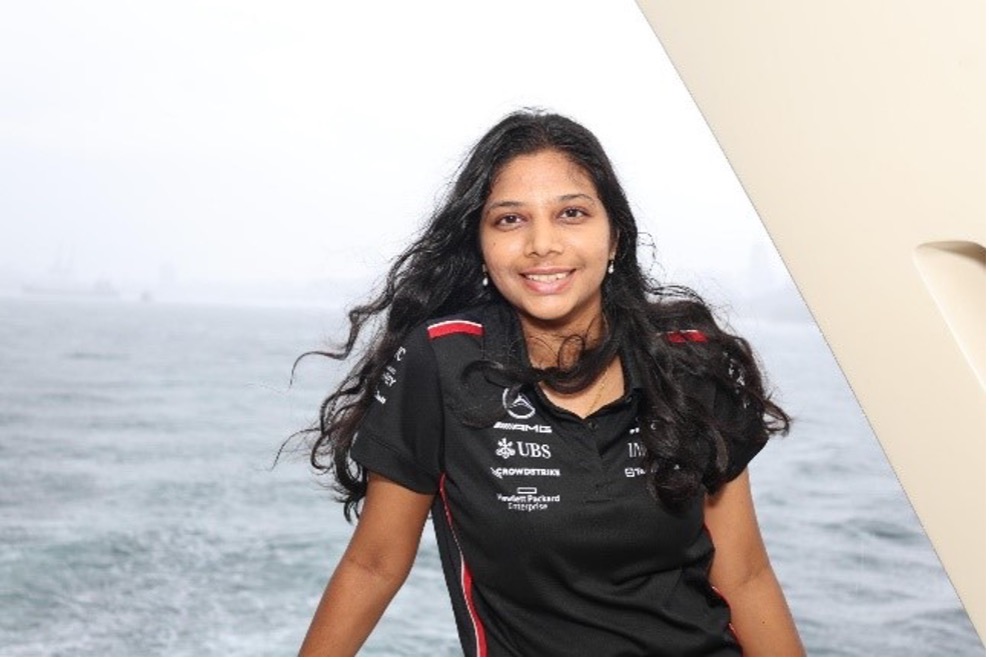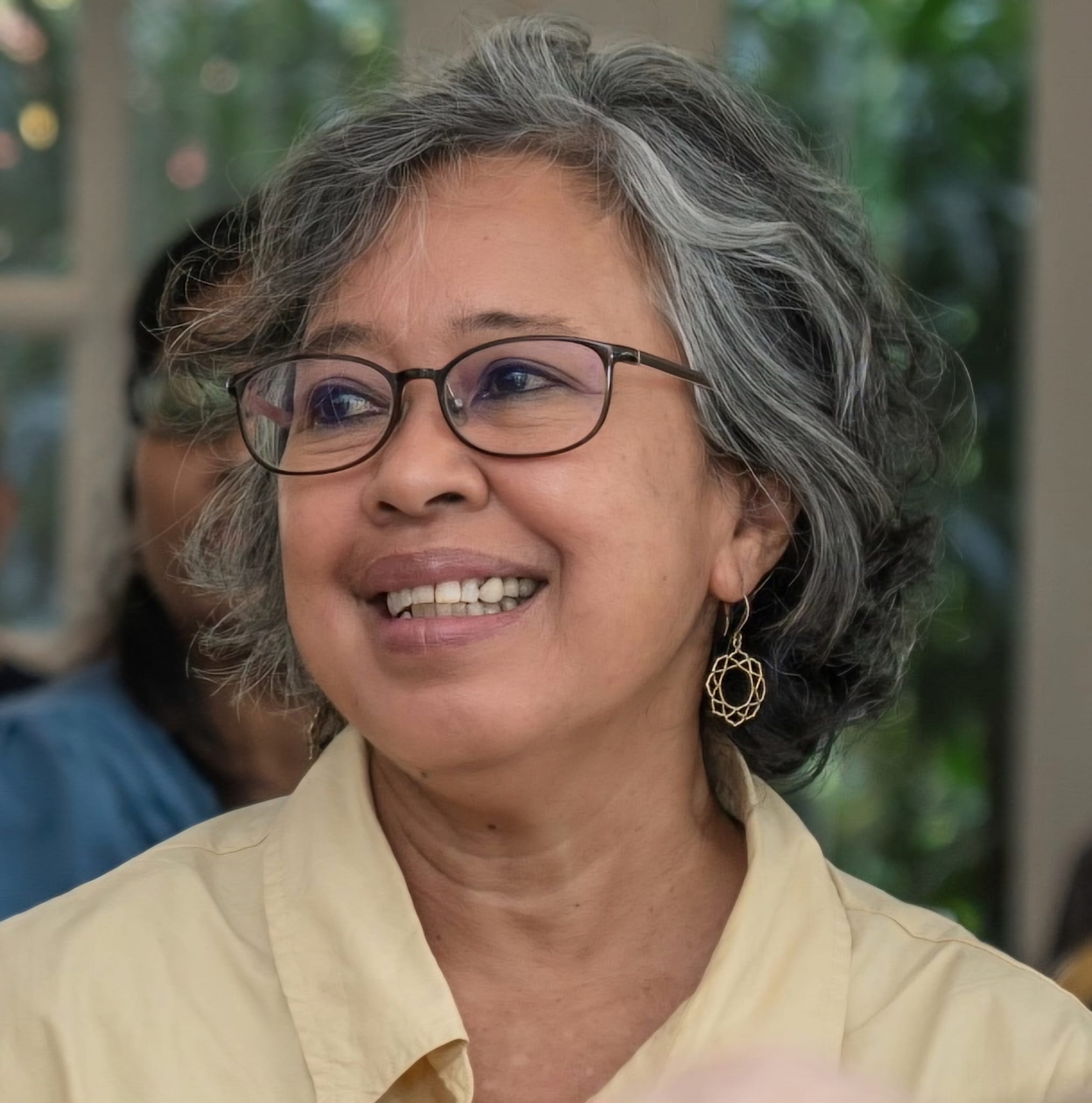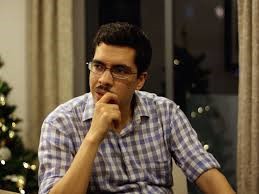Dr Mathew Mathews is Head of IPS Social Lab, a centre for social indicator research and a Principal Research Fellow at the Institute of Policy Studies, Lee Kuan Yew School of Public Policy at NUS. He also leads the IPS Programme of Race, Religion and Intergroup Cohesion. To date, Mathews has led over sixty research projects, most of them addressing social policy and social inclusion issues. Notable projects that he currently oversees include the longitudinal panel study, Pathways and Trajectories of Households in Singapore (PATHS), the IPS Survey on Race, Religion and Language and a study of platform workers. Mathews’ research has frequently appeared in media and informs policy deliberations. He sits on various committees and boards in the government and the people sector.
Our Event Speakers
Mathew Mathews
Varsha Dahiya
Varsha Dahiya is a second-year PhD candidate in Electrical Engineering at the National University of Singapore (NUS), specializing in photovoltaics. Her research focuses on developing next-generation, scalable photovoltaic materials for large-area perovskite-silicon tandem solar cells. With a master’s degree from IIT Roorkee, she has a strong foundation in electronics, photonics, and solid-state materials, particularly in the context of solar cells. Driven by a commitment to sustainable energy, Varsha is dedicated to advancing solar technology to create impactful, renewable energy solutions. At UREC2025, she will be presenting a talk on the "Impact of Digital Transformation in Research," where she will explore how emerging digital technologies are reshaping the research landscape.
Peiying Loh
Peiying Loh is the Head and Co-founder of Kontinentalist, an award-winning data-driven editorial studio that aims to bring Asia to the forefront of global conversations. Peiying's work experience includes stints at various heritage-related institutions, including three years at the Asian Civilisations Museum’s curatorial department. She also recently completed an MSc in Data, Inequality and Society at the University of Edinburgh's Futures Institute with support from the Chevening Foundation.
Lakshmi Ramachandran
Dr. Lakshmi Ramachandran PhD, works at the NUS Centre for Future-ready Graduates, where she designs and teaches courses focused on life skills development for students. With over 20 years of experience in the life sciences and pharmaceutical industries, she has held various roles in research, communications, and program management. A passionate advocate for women in STEM, Dr. Lakshmi co-led the Gender Summit 19 in Singapore, promoting research and innovation through a gender lens. Dr. Lakshmi holds a PhD in Cell and Molecular Biology and is an ICF-certified coach and professional keynote speaker. As a skills and leadership development expert, she speaks and trains on communication skills, emotional intelligence, improving productivity and well-being, and developing confidence. She is a Singapore 40-over-40 Inspiring Women honouree, Coach Awards bronze, and Globant techfluencer award recipient. She has also co-authored two books- Roomies/Foodies and Redefining rules.
Heng Hwee
Heng Hwee is a Senior Advisor at the Behavioural Insights Team (also known as "the Nudge Unit"). She is currently a part-time Master's student studying statistics, and obtained her undergraduate degree in Experimental Psychology from the University of Oxford. While she currently leads the Indonesia team and manages BIT's international development projects in ASEAN, she has been with BIT since 2018 and previously led work on labour, sustainability, and reducing inequality. As a consultant, Heng Hwee leads projects with governments, NGOs, and private organisations to conduct behavioural science research to solve public policy challenges. Some of her past projects have involved reducing household water consumption in Singapore, supporting women in Jakarta to access help after experiencing domestic violence, and supporting the adoption of flexible work arrangements in Singapore.
Aashni Bhayani
Aashni Bhayani is a second-year Psychology and Communications student at NUS, passionate about exploring how digital transformation impacts communication and research. As the moderator for this session on "Impact of Digital Transformation in Research," she is excited to facilitate a discussion on how advancements like AI are reshaping academic and professional landscapes. Aashni looks forward to engaging with the panel and audience to explore ways to collaboratively shape a digital future that benefits all.
Shruti Moovendran
Shruti Moovendran is a Year 2 chemical engineering student with a second major in the Innovation and Design Programme at NUS. She is actively involved in several community service clubs, where she take on roles like Director of Public Relations for NUS Alumni Ventures and Publicity Head for other groups, handling branding and outreach. Additionally, she is part of the NUS Mars Rover team, leading the business subsystem in preparation for the University Rover Challenge. Through these experiences, she explores her interests in marketing, innovation, and community impact, aiming to use her skills to create meaningful change.
Suriani Suratman
Suriani Suratman, a social anthropologist, is Senior Lecturer at the Department of Malay Studies, Faculty of Arts and Social Sciences, National University of Singapore. Her research areas include (re)production of portrayals of Malays and gender relations in Malay families and households. Her recent research projects with colleagues include “Being and Becoming Female in the Malay World – Interrogating and Curating the Photo-Archives in Early Singapore” (2020 – 2022) and “Town Malays in Colonial Singapore – Urban Histories and Civic Lives through a Survey of Neighbourhoods, Associations and Public Figures” (2021 – 2023). Her publications include a co-authored journal article “Between Scientific and Sensory Knowledge: Exploring the Enactment of Clay Sensibilities among Clay Artists in Singapore” (2024, American Behaviorial Scientist) and “Skills for “Marriage of a Lifetime”: An Examination of Muslim Marriage Preparation Handbooks in Singapore 1974 to 2018” (2021, Religions).
Miguel Escobar Varela
A/P Miguel Escobar Varela studies the changing landscape of Southeast Asian cultural heritage by combining fieldwork with computational methods (such as NLP, computer vision and network analysis). His goal is to understand how the production and reception of cultural forms have changed over time, in areas such as the performing arts, print media, and digital spaces. A significant part of this work involves creating open access datasets that combine evidence from historical archives, social media, and other records of cultural production. Beyond academic publications, he develops public-facing projects, which include museum installations and digital platforms. As a scholar, his larger ambition is to contribute to nuanced conversations about cultural heritage in both policy and the public sphere.
